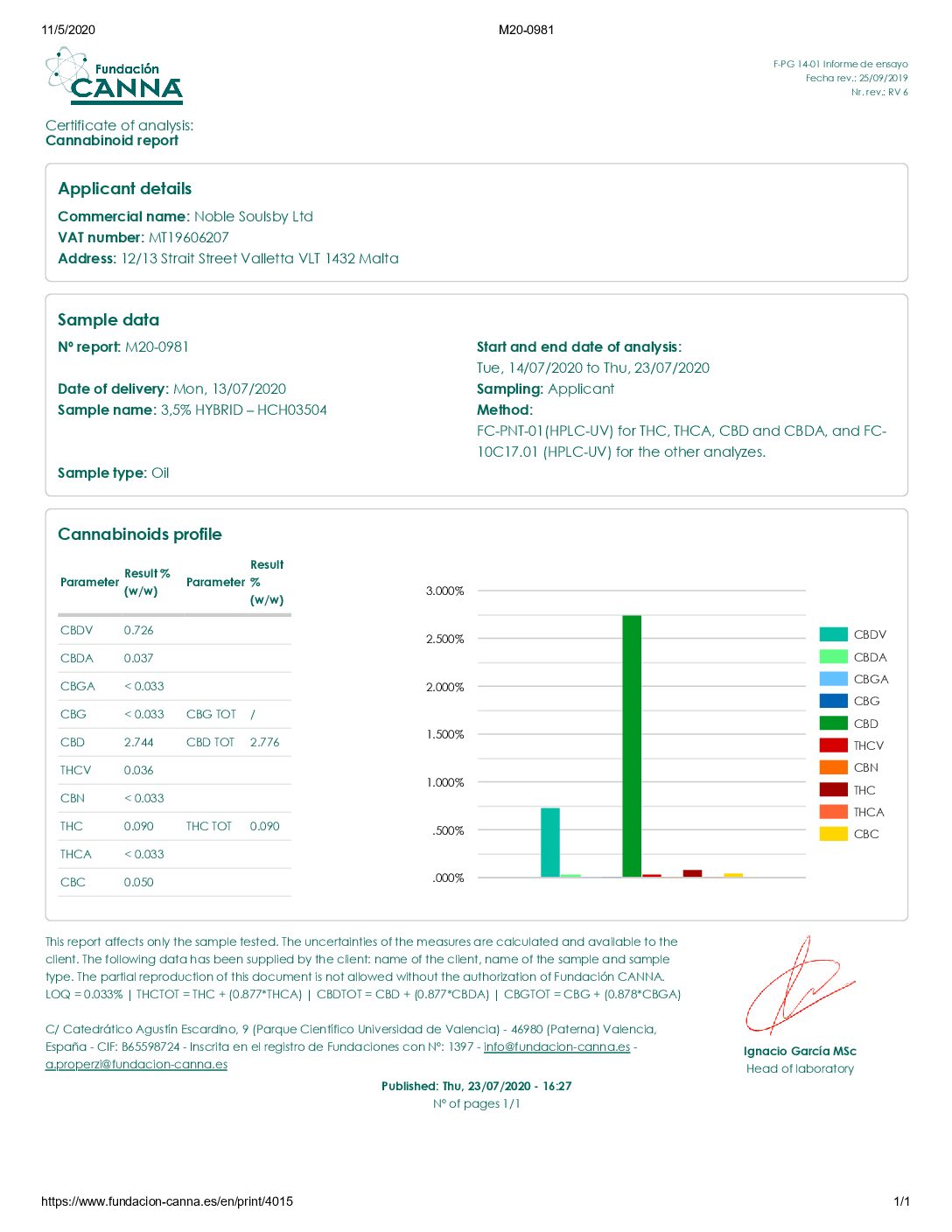Description
VIOLET LEAVES
Viola odorata
Violets are lovely harbingers of spring. Early in the season, when the sun barely warms the ground, they put out their lovely violet flowers, a promise of the coming spring. In mythology, Violets are linked to Jupiter and Io, one of his beloveds. Fearing the revenge of his jealous wife, Jupiter changed Io into a Heifer and created Violets so she could feast on this fragrant food. Although these days Violets are not so much used for food or medicine, in the past they were highly respected. Violet syrup and candied Violet flowers were eagerly anticipated seasonal delicacies. Their healing and cosmetic virtues have been equally esteemed since at least the 10th century. Violets yield an extremely rare and precious essential oil which is used in high class perfumery and recently has also found its way into aromatherapy practice.
Traditional
Violet leaves are soothing and cooling and can be used to treat swellings and bruises. They also act expectorant and demulcent and may be used for cough, whooping cough, laryngitis and tonsillitis. Externally they are indicated for acne, eczema and dermatitis. Violet can also be used to stimulate circulation and can relieve fibrosis and rheumatism. Grieves reports anti-cancer and anti tumour activity of the leaves. This may prove a very interesting and promising area of research.
Magical
Violets bring peace. They may be used to dispel anger and to cool heated tempers. They ward off evil spirits and protect against nightmares. Violets are sacred to Dionysos and symbolise abundance and fertility, yet they are also associated with death – particularly the untimely death of children. Thus, they can be used to meditate on the mysteries of life, death and rebirth and on the abundance of the earth womb, where all life is created and to which it will return.







